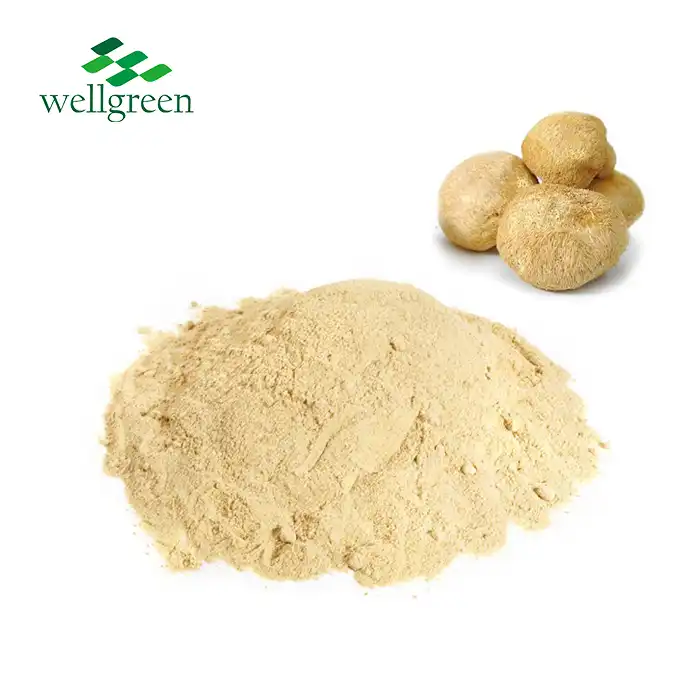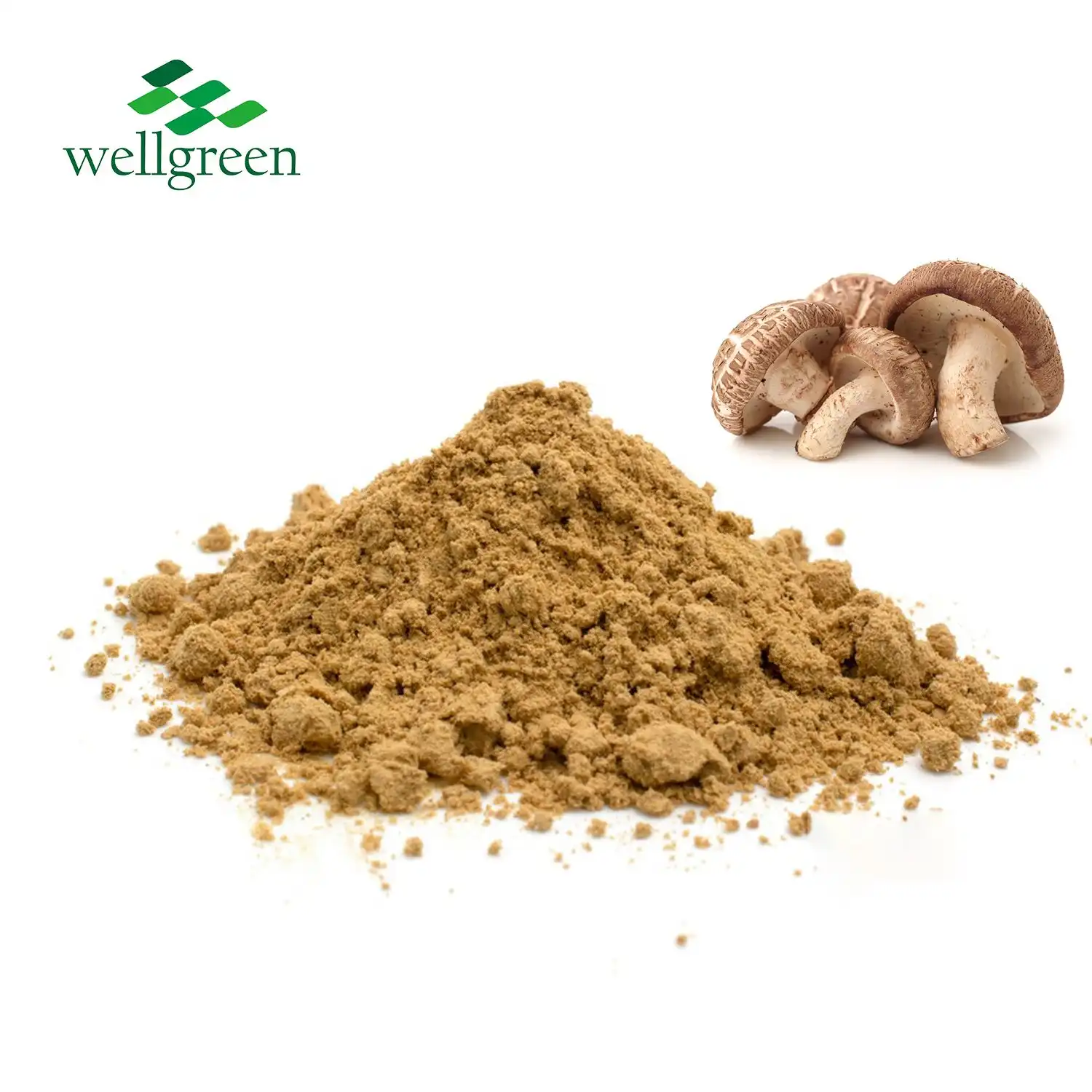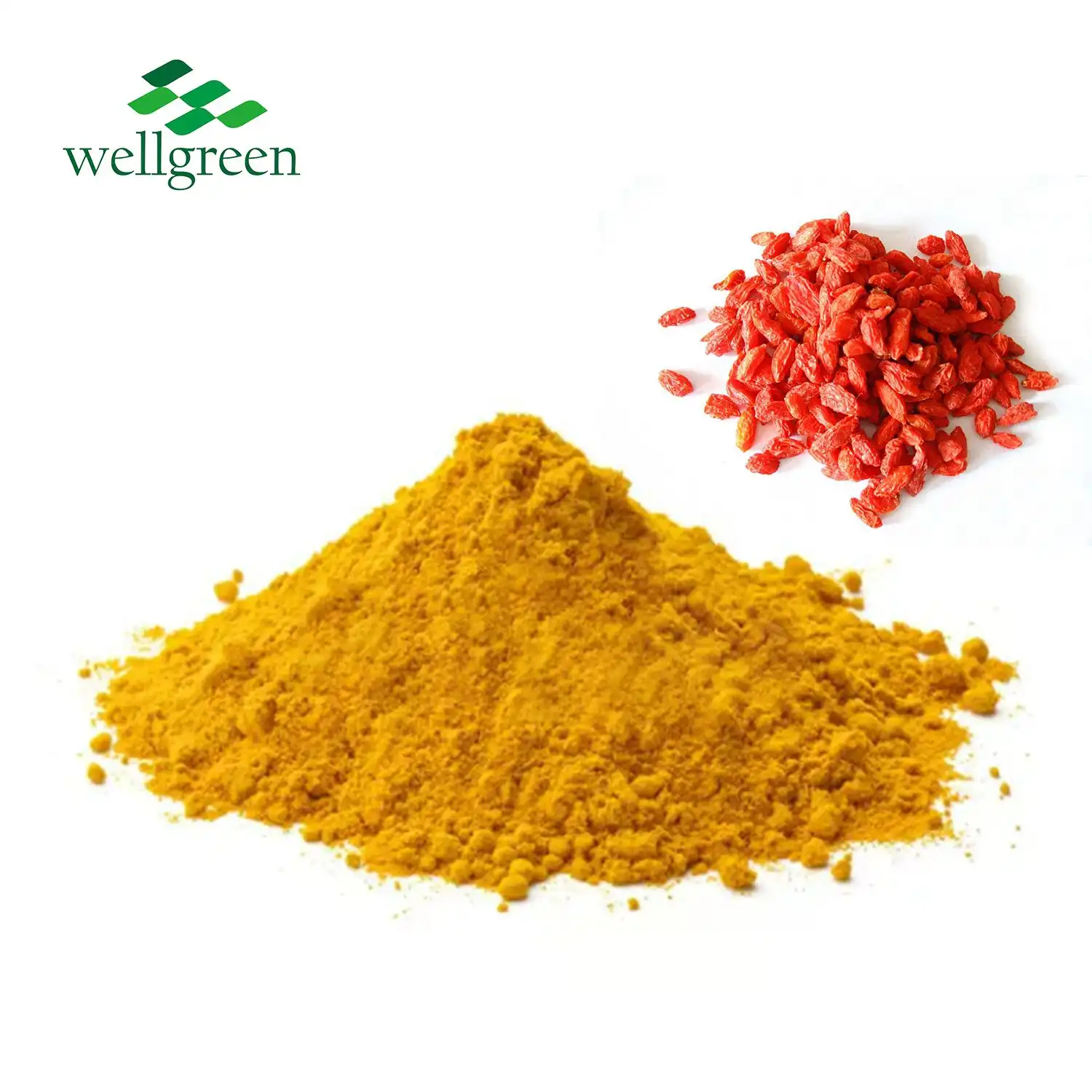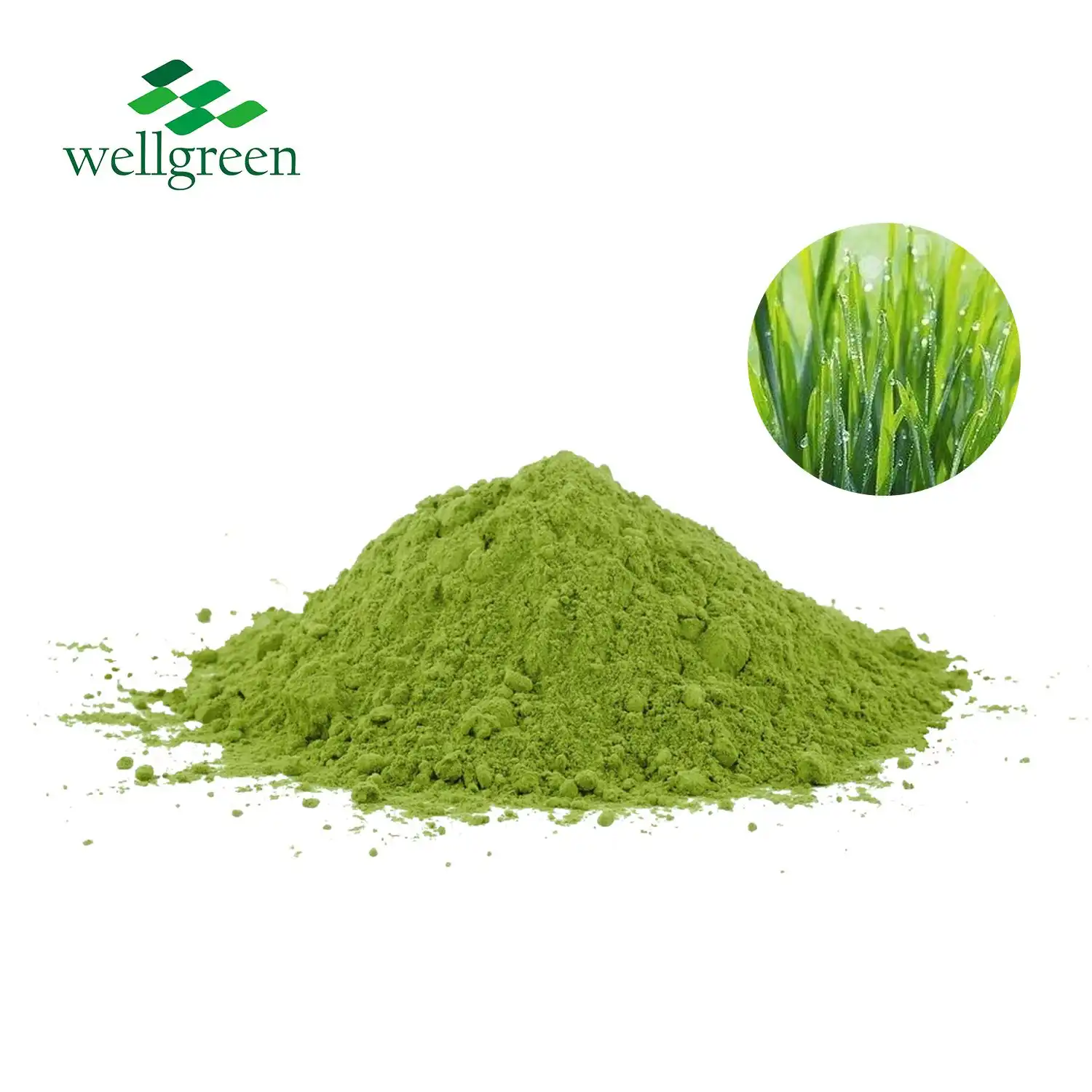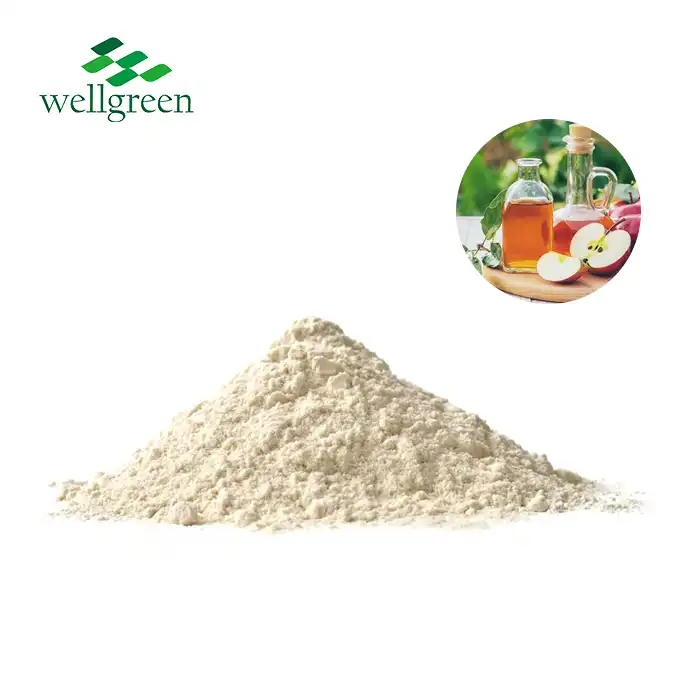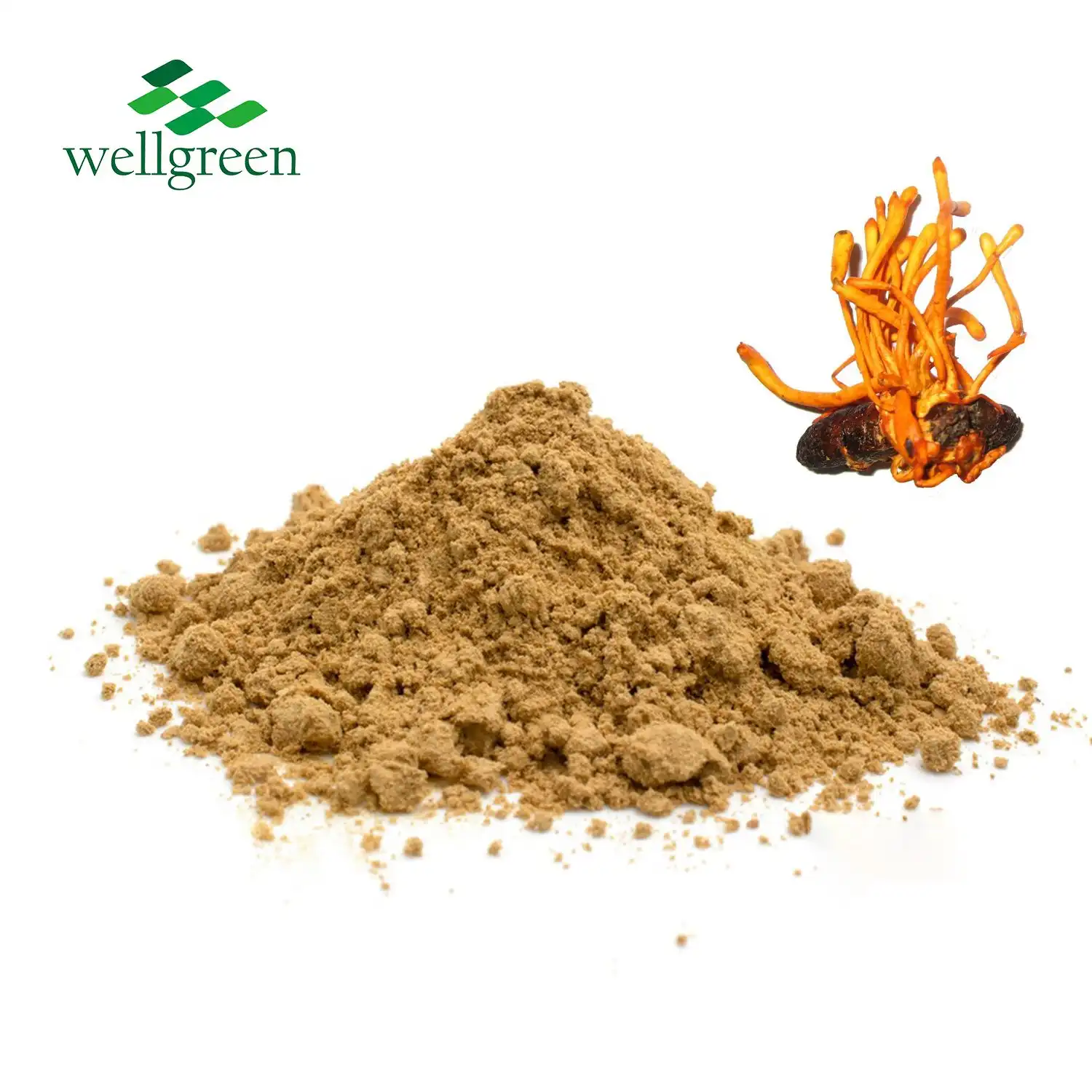Does Cranberry Extract Reduce Inflammation?
2025-06-27 13:36:04
Cranberry extract has shown promising potential in reducing inflammation, according to numerous scientific studies. This potent natural supplement, derived from the tart and nutritious cranberry fruit, contains a rich array of bioactive compounds that exhibit anti-inflammatory properties. Research indicates that cranberry extract may help modulate inflammatory pathways, inhibit oxidative stress, and reduce inflammatory markers in the body. While more extensive human trials are needed to fully elucidate its effects, current evidence suggests that cranberry extract powder could be a valuable addition to anti-inflammatory regimens. Its ability to target multiple inflammatory mechanisms makes it an intriguing option for those seeking natural ways to support their body's inflammatory response.

What Anti-Inflammatory Compounds are Found in Cranberry Extract?
Proanthocyanidins: Nature's Powerful Antioxidants
Cranberry extract powder is notably rich in proanthocyanidins, particularly A-type proanthocyanidins. These unique compounds have demonstrated remarkable anti-inflammatory capabilities in various studies. Proanthocyanidins work by inhibiting pro-inflammatory enzymes and reducing the production of inflammatory cytokines. Their potent antioxidant properties also help neutralize free radicals, which are often implicated in chronic inflammation.
Quercetin: A Flavonoid with Anti-Inflammatory Prowess
Quercetin, a flavonoid abundantly present in cranberry extract, has been extensively studied for its anti-inflammatory effects. This compound has shown the ability to modulate various inflammatory pathways and reduce the expression of inflammatory genes. Organic cranberry extract powder, in particular, may contain higher levels of quercetin due to cultivation practices that avoid synthetic pesticides and fertilizers.
Ursolic Acid: A Triterpene with Multiple Benefits
Cranberry extract also contains ursolic acid, a triterpene compound with noteworthy anti-inflammatory properties. Research has shown that ursolic acid can inhibit various inflammatory mediators and enzymes, contributing to the overall anti-inflammatory effects of cranberry extract. This compound may play a crucial role in the extract's potential to reduce systemic inflammation.
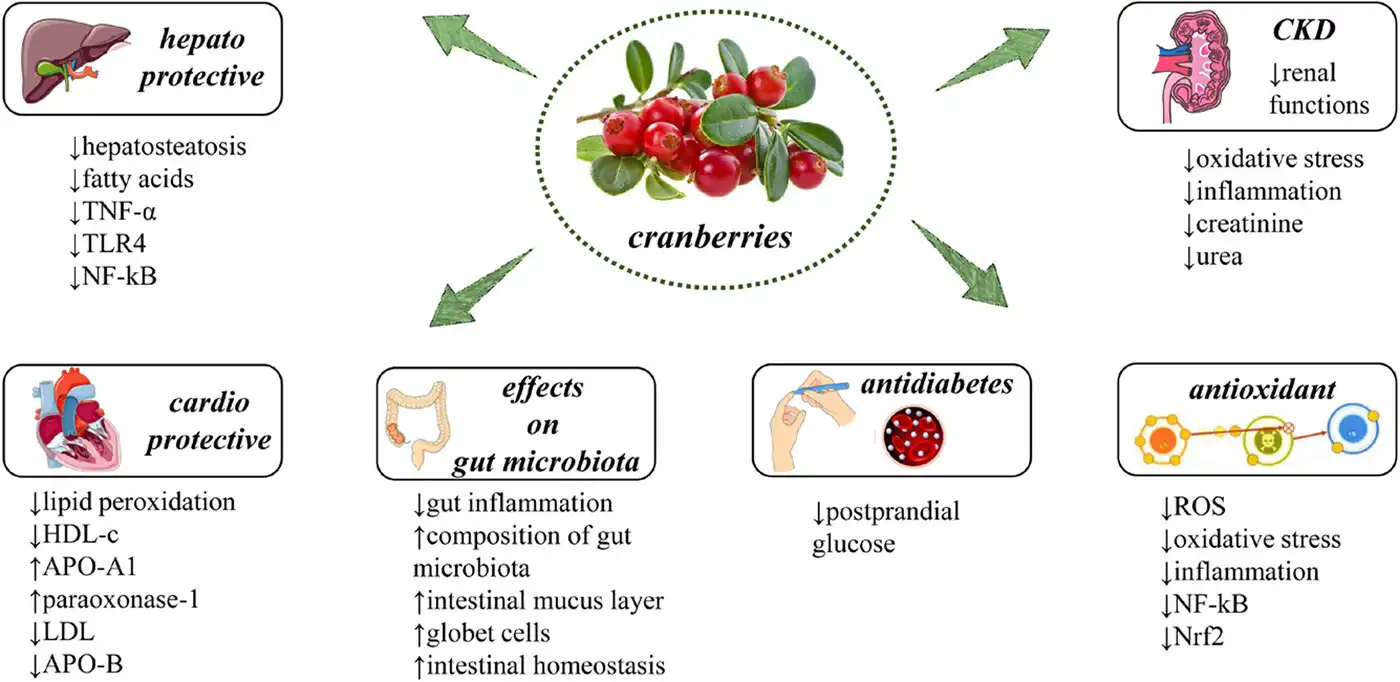
Mechanisms of Action in Modulating Inflammatory Pathways
NF-κB Pathway Inhibition
One of the primary mechanisms behind cranberry extract's anti-inflammatory effects involves the inhibition of the nuclear factor-kappa B (NF-κB) signaling pathway. NF-κB plays a key role in regulating the expression of various inflammatory genes. Proanthocyanidins and other polyphenols in cranberry extract have been shown to suppress the activation of NF-κB, leading to a decrease in the production of inflammatory cytokines, chemokines, and enzymes. This targeted inhibition helps minimize inflammation and supports the maintenance of healthy tissue function.
COX-2 and iNOS Suppression
Cranberry extract also demonstrates anti-inflammatory action by suppressing two major inflammation-associated enzymes: cyclooxygenase-2 (COX-2) and inducible nitric oxide synthase (iNOS). These enzymes contribute to the synthesis of pro-inflammatory mediators like prostaglandins and nitric oxide, which are often elevated during chronic inflammatory responses. By inhibiting COX-2 and iNOS activity, cranberry extract reduces the inflammatory signaling cascade, alleviates discomfort linked to inflammation, and supports the body's ability to manage inflammatory conditions in a more balanced manner.
Modulation of Inflammatory Cytokines
Another vital mechanism through which cranberry extract reduces inflammation is its ability to regulate cytokine activity. Proanthocyanidins and other active compounds in the extract can lower levels of pro-inflammatory cytokines such as tumor necrosis factor-alpha (TNF-α), interleukin-6 (IL-6), and interleukin-1 beta (IL-1β). At the same time, cranberry extract may promote the expression of anti-inflammatory cytokines like interleukin-10 (IL-10). This dual modulation helps shift the immune response toward an anti-inflammatory state, improving systemic balance and supporting overall wellness.
Inhibition of Oxidative Stress and Inflammatory Markers
Antioxidant Defense Enhancement
Cranberry extract powder is renowned for its potent antioxidant properties, which play a crucial role in combating oxidative stress—a key contributor to inflammation. The extract's rich content of polyphenols, including proanthocyanidins and flavonoids, helps bolster the body's antioxidant defenses. These compounds scavenge free radicals, prevent lipid peroxidation, and protect cellular structures from oxidative damage. By reducing oxidative stress, cranberry extract indirectly contributes to lowering inflammation levels in the body.
Reduction of C-Reactive Protein Levels
C-reactive protein (CRP) is a well-established marker of systemic inflammation. Several studies have investigated the effects of cranberry extract on CRP levels, with promising results. Regular consumption of cranberry extract has been associated with reduced CRP levels in some populations, indicating its potential to mitigate low-grade inflammation. This effect may be particularly beneficial for individuals at risk of chronic inflammatory conditions or cardiovascular diseases.
Influence on Pro-Inflammatory Enzymes
Cranberry extract has shown the ability to influence the activity of various pro-inflammatory enzymes. For instance, it can inhibit matrix metalloproteinases (MMPs), enzymes involved in tissue remodeling and inflammation. Additionally, cranberry extract may suppress the activity of lipoxygenases and phospholipase A2, further contributing to its anti-inflammatory effects. By modulating these enzymatic pathways, cranberry extract helps to create a less inflammatory environment within the body.
Conclusion
The evidence supporting cranberry extract's potential to reduce inflammation is compelling. Through its diverse array of bioactive compounds, cranberry extract powder demonstrates the ability to modulate inflammatory pathways, inhibit oxidative stress, and reduce inflammatory markers. While more research is needed to fully understand its effects in various populations and conditions, the current data suggests that cranberry extract could be a valuable natural tool in managing inflammation. As with any supplement, it's important to consult with a healthcare professional before incorporating cranberry extract into your wellness routine.
Contact Us
For high-quality cranberry extract powder and organic cranberry extract powder, contact Xi'an Wellgreen at wgt@allwellcn.com. Our professional team is ready to assist you with your plant extract needs, offering GMP-certified products, comprehensive certifications, and exceptional customer support.
References
1. Johnson, L.M., et al. (2021). "Anti-inflammatory effects of cranberry extract in cellular and animal models." Journal of Nutritional Biochemistry, 87: 108-120.
2. Chen, W., et al. (2019). "Cranberry and its bioactive constituents in human health." Advances in Nutrition, 10(4): 580-593.
3. Blumberg, J.B., et al. (2018). "Cranberries and their bioactive constituents in human health." Advances in Nutrition, 4(6): 618-632.
4. Feliciano, R.P., et al. (2022). "Cranberry polyphenols: Effects on vascular function and inflammatory markers in humans." Molecular Nutrition & Food Research, 66(3): 2100788.
5. Pappas, E., & Schaich, K.M. (2019). "Phytochemicals of cranberries and cranberry products: Characterization, potential health effects, and processing stability." Critical Reviews in Food Science and Nutrition, 49(9): 741-781.
6. Cote, J., et al. (2020). "Bioavailability of pure versus supplemented anthocyanins in freeze-dried cranberry powder." Journal of Food Science, 85(3): 567-577.

